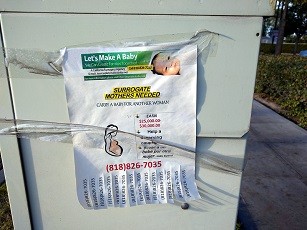The NM Political Report
Susan Dunlap
The bill that would repeal a state statute that criminalizes abortion care in New Mexico is now headed to Gov. Michelle Lujan Grisham’s desk after the House of Representatives passed it on a 40 to 30 vote.
This is a priority bill for Lujan Grisham and she has indicated that she would sign it into law.
The House of Representatives took up SB 10 instead of HB 7, which are mirror bills. SB 10 already passed the state Senate by a vote of 25 to 17 on February 12, and was amended to clarify the bill’s title. Each chamber must pass identical legislation before it can be sent to the governor.
Just as during the Senate floor debate, Republicans in the House attempted to amend the bill and argued for hours over keeping the section of the law that is considered by some healthcare workers as a refusal clause. But the New Mexico Medical Society and other physician groups support the law’s full repeal and the lead sponsor of the House bill, Rep. Micaela Lara Cadena, a Democrat from Mesilla, argued that there are already provisions in place to protect healthcare workers who object to providing care. . . [Full text]
